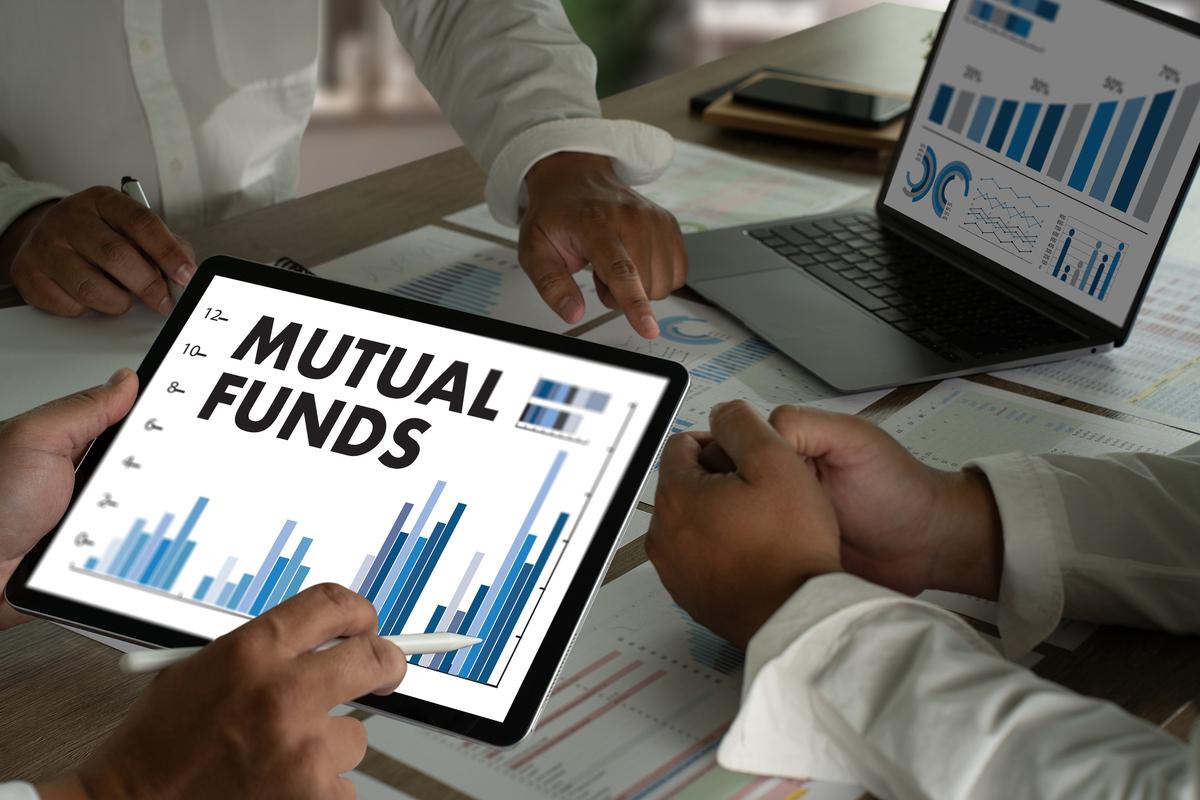
Monika Halan
| Photo Credit: Special arrangement


Mutual funds have grown hugely popular in India in recent times, with the size of assets under the management (AUM) of mutual funds crossing the ₹50 lakh crore mark at the end of 2023. The total AUM of Indian mutual funds was only around ₹8 lakh crore a decade ago. Monika Halan, author of Let’s Talk Mutual Funds, talks to The Hindu about why mutual funds should be part of the Indian investor’s portfolio, the risks involved and how investors can mitigate them.
Why should Indians choose mutual funds over traditional assets such as fixed deposits, gold and real estate?
We access different asset classes to build our portfolios. Mutual funds give access to equity, debt and gold through one route. Investing is not just about getting the highest return, it is also about risk, costs and ease of transaction. When you take a lifetime portfolio approach, mutual funds come out ahead of other product types on all these counts.

Fear of loss of capital in stock markets is a major reason why Indians have traditionally invested only in FDs, gold, and real estate. Why should ordinary retail investors trust mutual funds with their money?
While FDs (fixed deposits) have no potential for loss of capital, that possibility exists in both gold and real estate over the short term. Equity is no different — it is over a holding period of at least seven years that the true wealth generating impact of equity is felt. The most efficient and cost effective way to hold a diversified equity portfolio is through a mutual fund. For new investors, buying, holding and funding an index fund on the Nifty or Sensex is the easiest way to get an equity exposure. Onboarding of a more efficient way to managing money is one of the key reasons why mutual funds are being increasingly preferred over the other older ways. Why use 1970s products in the 2020s?

Many retail investors pick mutual funds based on past returns. How important are past returns? Is there a better way to choose mutual funds?
Past returns are as important as a report card of the student is of her past performance. It is no promise for future grades, but does give an indication of the potential. Consistent past returns are the right metric to judge a fund by. Take a 10 or 15-year performance history and then look for a fund that stays in the top quartile year after year. The way to choose a mutual fund is to judge by both risk and return. We want a fund with a good risk-adjusted return metric.

A common advice given to young retail investors is to invest for the long term in mutual funds through SIPs. But are retail investors today aware of the fact that stock markets have in the past suffered long-term bear phases?
That is why the advice is to have a holding period of at least seven years. Most business cycles get worked out in that time and markets respond to growth in the economy. Before you invest in markets you need to understand them. They are not a gambling den or a lottery ticket. There is a science to investing and unless you understand the rules and commit to following them, stay away. Don’t blame markets for your own inability to understand them. The long-term Sensex return over 30 years has been 12% year on year. Even post-tax, this is a great long-term rate to create wealth. But it takes time, patience and a basic understanding of the rules of the game.

Let’s Talk Mutual Funds; Monika Halan, HarperCollins India, ₹399.
prashanthperumal.j@thehindu.co.in
Published – January 19, 2024 09:02 am IST
